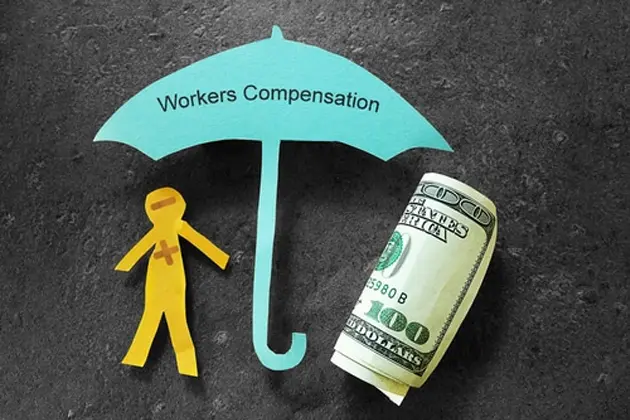Introduction
Workers’ compensation insurance offers employee benefits for medical costs, income for lost wages, healthcare benefits, disability pay, and educational training while the employee is injured or sick. This insurance covers cash benefits and medical care facilities for injured or ill workers due to their jobs. The employers bear the cost of this insurance as directed by the Workers’ Compensation Board, and it doesn’t require any employee contribution. Now, it is to identify when workers’ comp will offer a settlement.
Workers’ Comp in a Nutshell
Employers, as carriers of the worker’s comp insurance, pay weekly cash benefits along with medical care for their workers. Workers’ comp insurance doesn’t stand any party to be at fault. However, workers may be refused benefits if their intoxication or intentional harm causes the injury.
Only work-related injuries and sicknesses are covered under this insurance, and any falsified claims are subject to refusal. Any employer who refuses this benefit to any worker by denying the truthfulness of the worker’s claim, the worker would be eligible for disability benefits until he/she rightfully receives his/her workers’ comp. This little guide is to clear your understanding of the workers’ comp and when the workers’ comp will offer a settlement.
Workers’ Compensation Settlement
Many people don’t realize how complicated the legal process can be after you’ve been injured at work in Lansing, especially when dealing with insurance companies and employer pushback. The monetary benefit received by an employee after negotiating with the insurance company regarding a work-related injury is known as the workers’ compensation settlement. With workers’ comp, injured or ill employees are helped with their medical expenses and other relevant costs. Injured workers can opt for workers’ comp settlement through a workers’ comp attorney instead of accepting their insurance company’s benefits for their workers’ comp claim.
Process of Workers’ Comp Settlement
Workers’ Comp Settlement works differently in different states, but a general process requires a proper calculation of the workers’ comp payment by the employee and the attorney at the first stage. Following the calculation, the insurance company of the employee is contacted for the payout. Workers’ compensation settlement offers expenses of attorney fees, medical bills, ambulance rides, disability payments, lost wages, and upcoming wage loss due to any workplace injury.
This settlement can be closed by giving either a structured payment plan or a lump sum amount. However, the settlement can go to trial if the employee does not settle or refuses to negotiate. The trial is known as the workers’ compensation lawsuit. In this case, the judge narrowed down a fair settlement and decided on the amount to be paid by the insurance company.
When Workers’ Comp Offers a Settlement?
Workers’ comp offers a settlement only when there is a valid claim and evidence supporting that claim. Factors that determine when the workers’ comp will offer a settlement include the severity of the injury, level of disability or if the worker is disabled, the requirements of medical treatment, and the possibility of the workers returning to their jobs. The insurance company also evaluates its own potential costs and liability before proposing a settlement.
One must claim for the workers’ comp with valid evidence in their hand to ensure they receive the claimed amount against their work-related injury. This increases the chances of receiving a settlement from the insurance company. A workers’ comp settlement can go smoothly if employees and employers work in alignment with the legalities associated with the insurance benefits. Employers must keep themselves updated about the work injury policies to avoid any confusion in ensuring their employees receive the legal benefits without any hassle.










